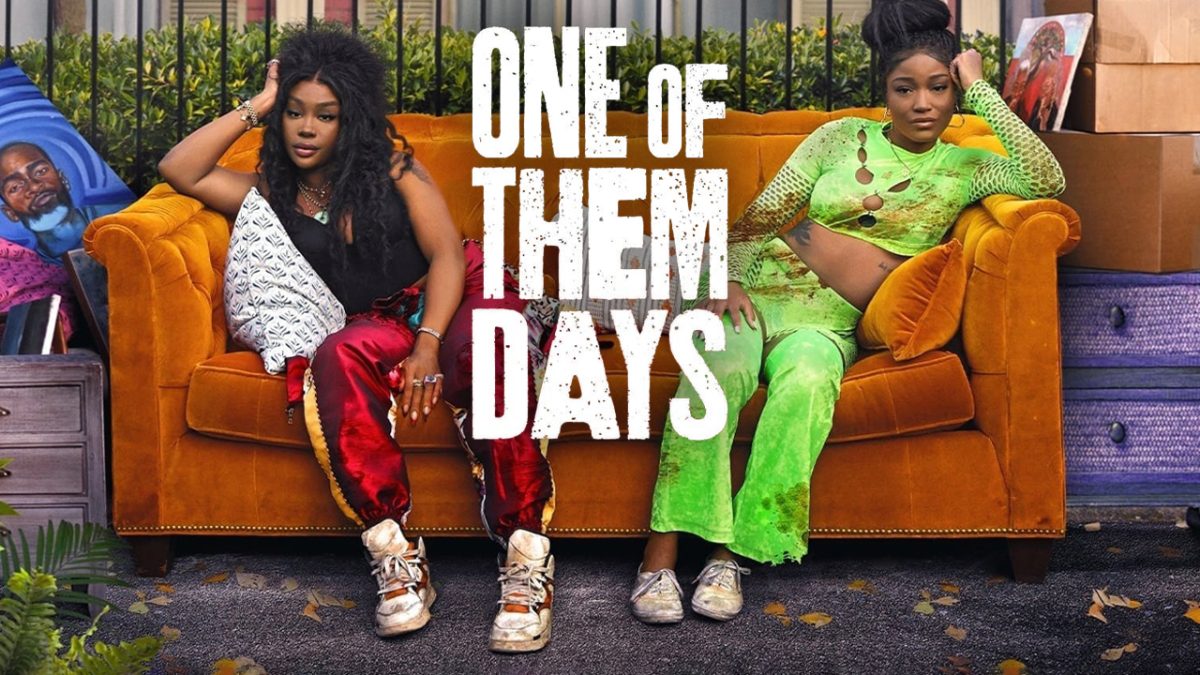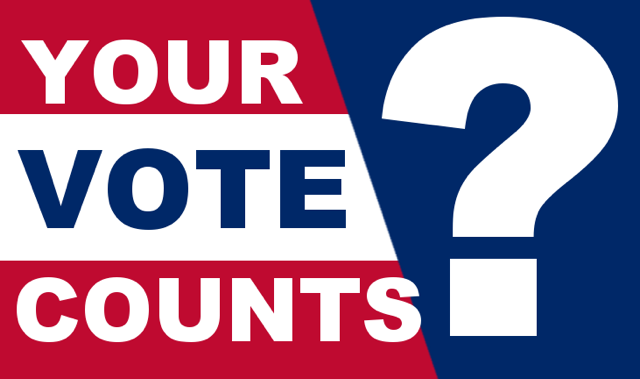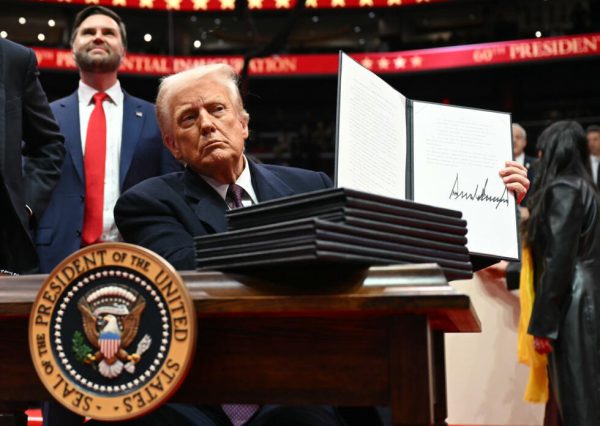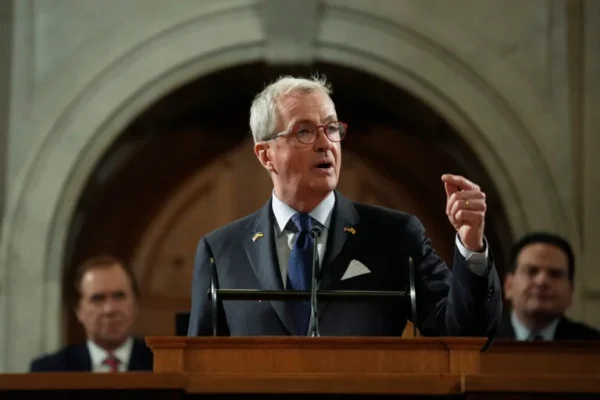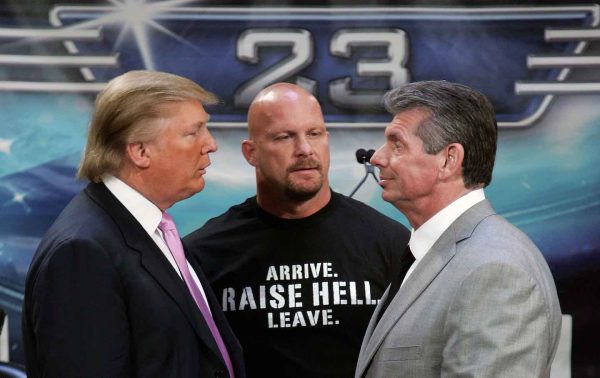Getting to Know the Electoral College
The 2016 presidential election was anything but ordinary — the candidates were two of the least popular in US history and their rhetoric took negative campaigning to a whole new level — so it only makes sense that the results of a very tight race stirred up the same controversy as their campaigns. Early in the morning of Nov. 9th it was announced that Donald Trump would become the 45th President of the United States, winning 290 electoral votes compared to Hillary Clinton’s 232 (with Michigan’s 16 electoral votes still too close to call). Even though it looks like Trump has a decisive victory, Clinton won the popular vote (at press time Clinton had 1,598,268 more votes than Trump). Aside from a series of protests across the nation, these results have raised questions about our political system and the merits of the Electoral College.
The purpose of the Electoral College can be traced back to the Constitutional Convention. When the Founding Fathers laid the framework for the government of the US, they deemed that there should be a safeguard between the general population and the direct election of the president. The Electoral College is made up of 538 electors so, in order to win the presidency, a candidate must receive a majority of at least 270 votes. Each state has an allotted amount of votes based on the size of its Congressional delegation: one for each member of the House of Representatives plus one for each of its two Senators. This year New Jersey had 14 electoral votes. Since each state has its own rules as to how the electors are chosen and how the electors vote, a candidate can win the presidency without winning the popular vote.
This year’s election result was uncommon; it was only the fifth time in US history, out of 58 presidential elections, that the winner of the popular vote lost the Electoral College. This has sparked a renewed focus on the strengths and limitations of the Electoral College, with a number of voices calling for reform, or even its elimination. Since two of these cases have occurred in just the past 16 years (2000 was the last), it is essential for all of us to be well-rounded and engaged citizens. No matter which candidate we might have favored, our generation has the most at stake when it comes to the selection of the next president.














































